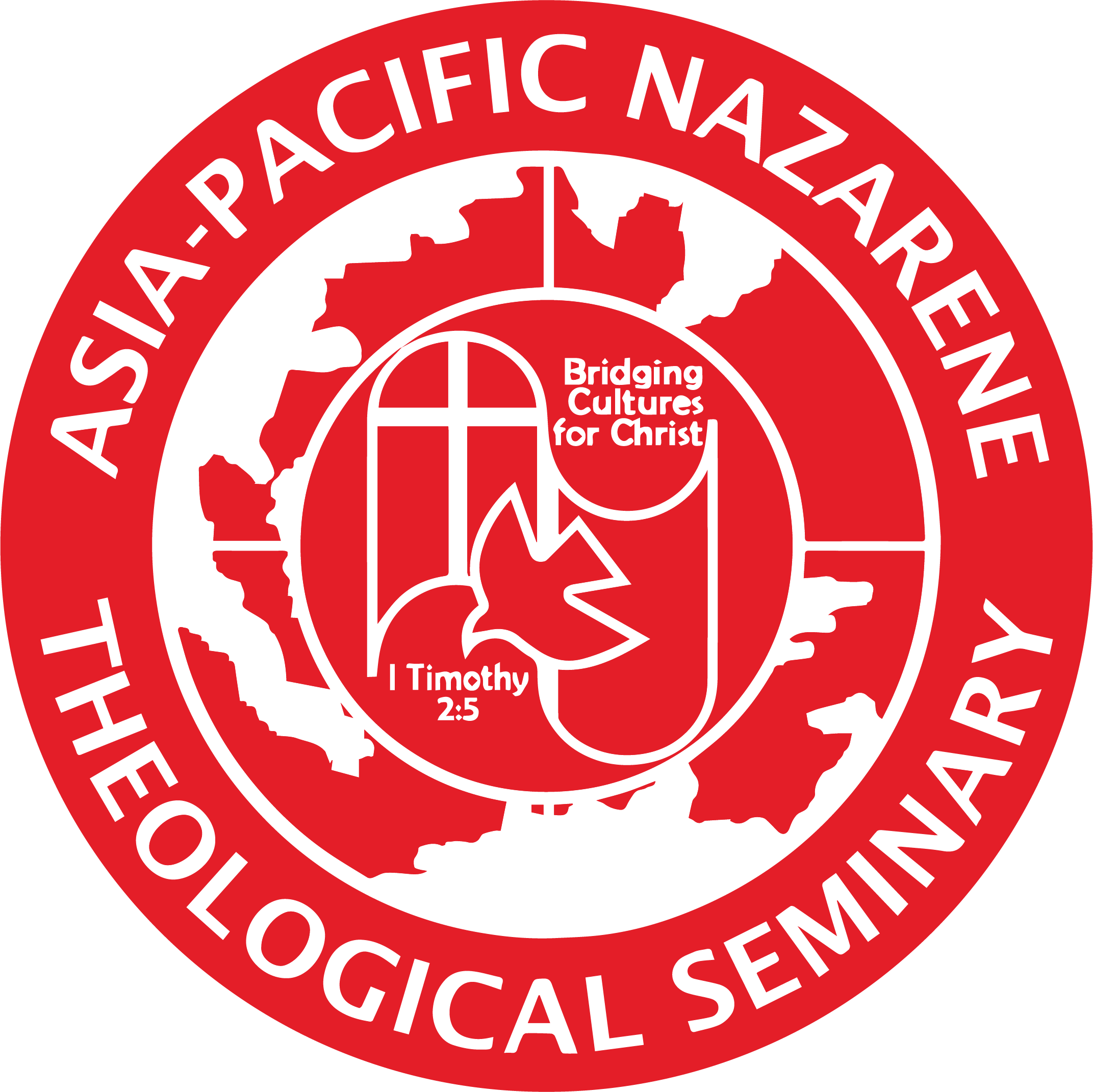Overview
This degree is a four-year full-time or eight-year part-time program of study that fulfills the educational requirements for ordination as an elder or deacon in the Church of the Nazarene. This degree is intended for those who would like to continue their studies at the graduate level. Most graduate programs will require a Bachelor’s degree to be enrolled. The program includes all the courses of the Certificate and Diploma but has additional General Education courses. It has 43 courses for a total of 126 credit units. The program is validated by the Church of the Nazarene and is seeking accreditation in 2023. Graduating students may qualify for a Special Order (SO) number from the Philippine Government.
Program Outcomes
- Students will be faithful to Christ’s commission and make Christlike disciples who in turn make Christlike disciples. This will be the DNA of the community of faith rather than simply an attractor of other Christians. This community will empower every believer to live out his or her calling as a sent disciple of Christ to infect the world with the Gospel of Jesus Christ and be the church where the church is not yet.
- Students will be tangibly engaged with those outside the community of faith in relational and caring ways. They will be a positive force for the transformation of communities and societies through the love and grace of God.
- Students will be innovative, resilient, and creative in expressing the gospel while growing a deep understanding of the contextual issues of a particular society and culture.
- Students will show, not just tell, the broader society about the transformational love of Christ in all aspects of living. As such, there is a commitment to be with people and incarnate the love of Christ.
Core Values
- Prayer and Scripture: Prayer is an essential activity for every Christian, pastor, teacher, and layperson. Prayer is included in the educational process, including classroom and personal study time.
- Congregational Focus: The role of the minister strongly influences activities needed in the classroom. Our goal is to train students to disciple others who can then disciple others.
Four Engagements
We want our students to engage in four ways in every single course to help them make disciples.
- With themselves. Students need to grow in character, understanding, confidence, and skill.
- With other students. Learning to function in teams and lead teams is a crucial skill for ministers.
- With a worshipping community. Students are encouraged to be part of a worshiping Christian community to properly develop as a minister. Many projects assigned in the courses will be accomplished within a local church/congregation/church plant.
- With the larger non-Christian community. Community engagement is a crucial skill for ministers. Course assignments will involve students in reaching out to their communities.
Description of the Programs
Course Sequence
This curriculum is built on a narrative framework. The core 24 ministry courses are divided into six sections that cover the core story of the Bible:
The God Who Creates
The God Who Calls
The God Who Meets
The God Who Pursues
The God Who Comes
The God Who Restores
Each course in the Bible/Theology section is paired with a practical course in the Ministry section. This shows the connection between theory and practice, formation and engagement. Students are encouraged to apply in their lives (character) and ministries (competency and context) what they have learned (content) throughout their studies.
| Bible/Theology | Ministry |
|
1. THE GOD WHO CREATES INTRODUCTION TO THE BIBLE: Joining the Story of God |
CHRISTIAN SPIRITUALITY: Becoming Disciples (Step 1) |
|
CHURCH HISTORY 1: The Story of Christianity |
NAZARENE IDENTITY: Finding Our Place |
|
2. THE GOD WHO CALLS HERMENEUTICS: Engaging the Story of God |
HOMILETICS: Communicating and Proclaiming Christ |
|
FOUNDATIONAL THEOLOGY 2: Theological Thinking: The Loving God |
EVANGELISM: Making Disciples (Step 2) |
|
3. THE GOD WHO MEETS PENTATEUCH: Forming the People of God |
PRINCIPLES OF LEADERSHIP: Ethics and Care |
|
FOUNDATIONAL THEOLOGY 2: Theological Thinking: The Loving God |
COMMUNITY ENGAGEMENT: Compassionate Outreach |
|
4. THE GOD WHO PURSUES THE PROPHETS: Remembering God |
WORLD RELIGIONS: Building Bridges |
|
CHURCH HISTORY 2: Challenges, Controversies, and Creeds |
MISSION TO THE WORLD: Engaging Worldviews |
|
5. THE GOD WHO COMES THE FOUR GOSPELS: Knowing Jesus in the Gospels |
CHRISTIAN EDUCATION: Training Disciples (Step 3) |
|
FOUNDATIONAL THEOLOGY 3: Theological Thinking: The Indwelling God |
THEOLOGY AND PRACTICE OF WORSHIP: In the Presence of the Triune God |
|
6. THE GOD WHO RESTORES ACTS AND PAULINE EPISTLES: Following Jesus |
CHURCH PLANTING AND GROWTH: Multiplication (Step 4) |
|
THE CALL TO HOLINESS: The Story of the Church of the Nazarene |
THEOLOGY OF MINISTRY: Capstone |
WANT TO LEARN MORE ABOUT OUR MINISTRY PREPARATION PROGRAMS?
Download our catalog for more information
